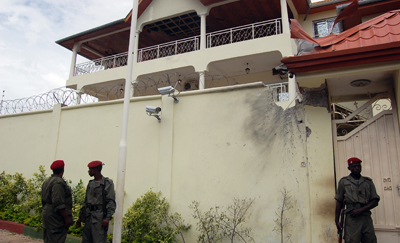2011
Journalists flee Veracruz as cartels crack down
In the port city of Veracruz, Mexico, reporters are fleeing for their lives or are in hiding, according to Notiver, the city’s principal newspaper, and local reporters. This flight began on Wednesday after the decapitated body of Yolanda Ordaz de la Cruz, a police beat reporter for Notiver for nearly three decades, was found near…
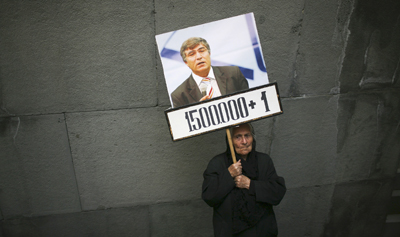
Editor’s killing still haunts Turkey
There’s a policeman on duty these days in the lobby of the elegant apartment building that houses Agos and a receptionist behind security glass buzzes you in to the newspaper’s cluttered offices. That’s about the only indication that the outspoken Turkish-Armenian editor whom I interviewed here in Istanbul in 2006 was assassinated outside the front…
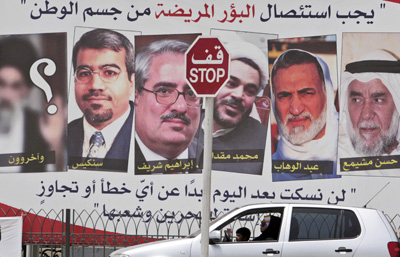
CPJ Impact
News from the Committee to Protect Journalists, July 2011 Still struggling for a free Cuban press As Cuba implements economic reforms and prepares to introduce high-speed Internet, freedom of expression continues to be met with a policy of repression that stifles the free flow of information, according to a new report by CPJ. The report…
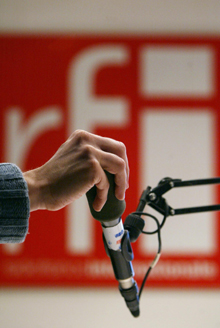
Guinea’s censorship order puts RFI in difficult spot
On Monday, Guinea’s state-controlled media regulatory agency imposed a “temporary” ban on media coverage of the July 19 attack on the private residence of President Alpha Condé, silencing private radio and television talk programs in which critical questions were being raised about the episode. In such circumstances, Guinean listeners turn to foreign media outlets such…
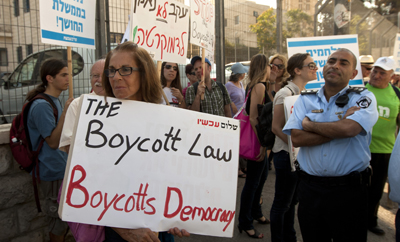
Israel’s ‘anti-boycott’ law hurts the country’s journalists
Two weeks ago, late on a Monday evening, the Israeli parliament passed a controversial law aimed at protecting the country from calls to boycott Israel because of its policies about Palestinians. The law, dubbed the “anti-boycott” law, makes supporting these campaigns a civil offense in the state of Israel. Days after the bill passed, public…
Political journalist murdered in Brazil
New York, July 27, 2011–Veteran political reporter Auro Ida was shot and killed on Friday in the city of Cuiabá in the central west state of Mato Grosso, according to the local press. The well-known journalist had served as the city government’s press secretary, was a founder of the news site Midianews, and wrote an…

